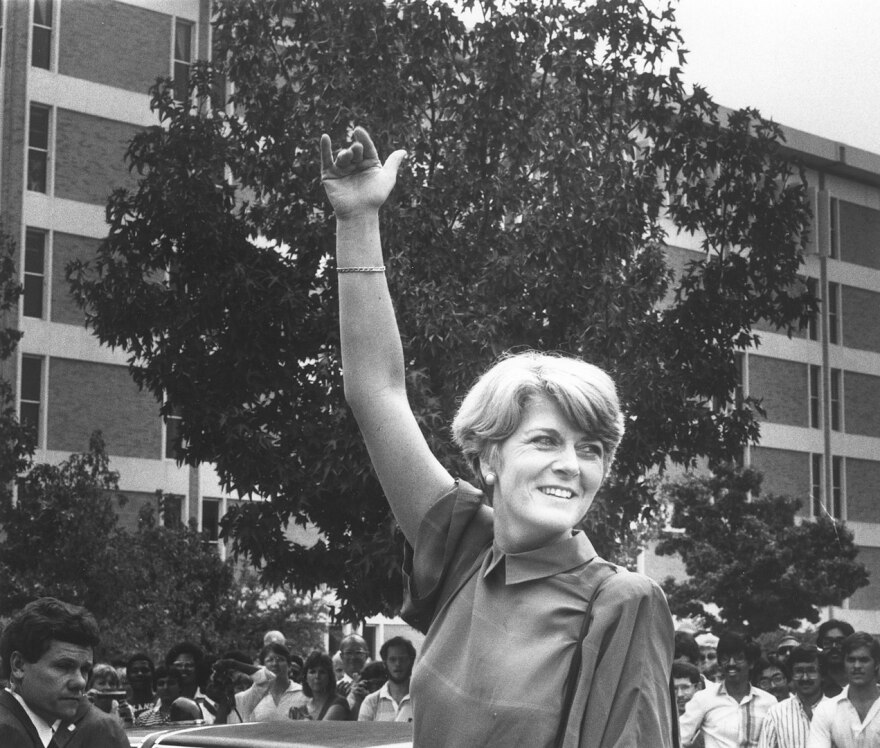A Syracuse University Professor is reflecting on the progress and role of women in politics in light of the 19th amendment centennial and selection of Kamala Harris for Vice President on the Democratic ticket. Professor of History and Political Science Margaret Susan Thompson notes women have been increasingly elected on the local, state, and congressional levels. In fact, she says most of the incumbents or challengers for congressional seats in our region are women.
But, Thompson is quick to add that representation in Congress is still under 25 percent, and the top spot has been elusive.
"We still haven't elected a woman on the national ticket in either party. I think we still have a long way to go before we can talk about equality. But what we're talking about is progress."
She says that progress translates to more attention to certain issues, especially those related to women’s health. For example, she says most clinical trials focus on men and diseases affecting them, and don’t take into account how women respond differently to diseases and treatment. But Thompson says there are other issues that men don’t typically have to confront.
"Issues relating to women's employment; women's roles in the workforce; issues relating to child care and also elder care, which an increasingly imnportant issue. Women are disproportionately involved in that."
Thompson says women in office have also raised more awareness of violence against women, including sexual assault and the #metoo movement.
A century ago, though, women were celebrating a much more fundamental achievement…the right to vote finally became enshrined in the constitution after decades of advocacy that began in New York and other states. Professor Thompson says there’s growing awareness of the role of African American women in suffrage movement.
"Many of the white women who supported suffrage were not particularly supportive of black women voting. I think we're seeing more attention to that, perhaps with the nomination of Kamala Harris."
Thompson says while the 19th amendment extended to all women, poll taxes and other restrictions still kept Black women from voting in many states. That was remedied by the Voting Rights act of 1965.



